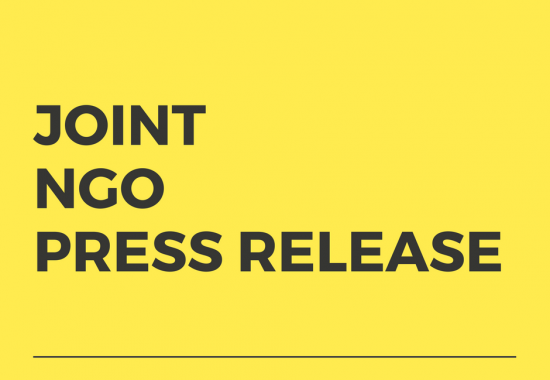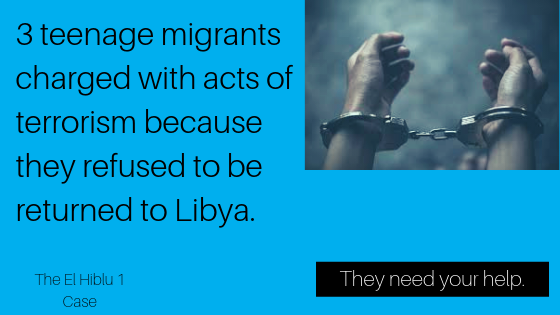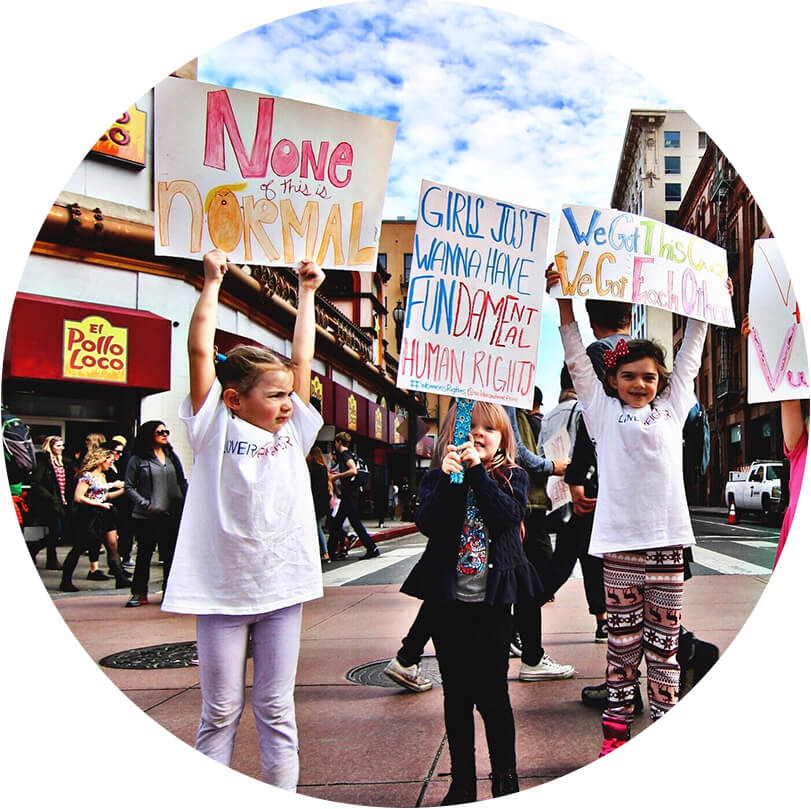Joint Press Statement
A coalition of 20 NGOs active in the social field view the Residential Leases Bill as the first step forward. The NGOs had presented a proposal for rent regulation in February 2018 and reacted to the White Paper on this subject in October 2018. This Bill introduces a much-needed framework with basic rights and obligations on tenants and landlords, and is clearly the result of serious research work and a broad consultation process. However, the Bill very marginally addresses the predominance of short-term contracts that lead to widespread instability, and fails to tackle the most pressing issue of exorbitant rent prices.
The sudden and continuing hike in rent prices is pushing thousands of persons into precariousness, hitting hardest those on low and medium wages and pensions as well as persons in vulnerable situations such as women experiencing domestic violence. Thus, much more will have to be done if Government is to achieve its objective, as set out in the White Paper, of making rent a housing alternative.
The NGOs welcome several provisions of this Bill. We favourably view the obligation on landlords to register contracts that include an inventory and the amount of money deposited, coupled with dissuasive measures against renting without a valid contract. It is also positive that the Housing Authority will be responsible for private residential leases, related enforcement and an adjudicating panel that will speedily decide on minor disputes.
We positively note that tenants will have the right to access utility bills, and that landlords will have to inform the tenant three months before contract expiry whether they intend to renew the lease or otherwise.
The proposed Act would establish a one-year minimum contract period for residential leases. One year is glaringly insufficient to guaranteeing a degree of stability to the tenant, leaving the current situation of short-term contracts more or less unchanged. The coalition of NGOs, when reacting to the White Paper last year, had proposed a three-year minimum in order to start addressing the issue of tenants living precarious lives.
The three-year minimum proposed by the NGOs would be binding on the landlord, with the tenant able to leave the place during the contract period without any penalty on condition they give due notice. Government plans to grant tax credits to landlords who offer contracts that are longer than one year are positive, but this will unfortunately have only a limited effect on incentivising longer-term contracts.
The Act would regulate annual rent-price increases by pegging them to the Property Price Index and capping them at 5%. However, this regulation only applies to increases during contract duration, that is, to those cases where landlords provide contracts that are longer than one year. Unreasonable rent increases, with no limit whatsoever, would still be allowed following the end of the contract period. The coalition of NGOs had proposed that the monthly rent to be paid in any new contract, irrespective of whether it is with the same or a different tenant, should not be higher than 10% of the last monthly rent paid under the previous contract.
This would prevent exorbitant increases in rent-prices following the expiry of contracts. We had also proposed the creation of a Rent Value Index that would enhance public knowledge on the private rental market and lead to a degree of rent-price stabilisation. The Rent Value Index would list rent-value in different areas and for different classes of property according to their size and quality. There would be a rule stating that an initial price should not exceed 10% of the price listed for that particular category within the Rent Value Index. This proposal has not been taken on board.
Besides these points on the principles underpinning the regulation framework, the NGOs also have specific points as feedback regarding some articles, namely:
- The Bill allows two exceptions to the obligatory one-year minimum contract term. These exceptions apply when i) proof is presented attesting that the lessee is a non-resident worker or student whose stay in Malta will be shorter than six months, or a resident who needs to rent an alternative primary residence for a period of less than six months, and ii) in the case of room rentals. Whilst the first set of exceptions is understandable, the second should be removed. Tenants renting rooms should be afforded the same protection as those renting a whole unit.
- The Bill states that the landlord has thirty days to register the contract from commencement of the lease. However, the law does not spell out that a contract should be in place from the first day of the lease and, when not, the lease is to be considered a de facto one with the protection afforded to tenants in such leases.
In the absence of such a provision, landlords who are caught leasing without a contract can simply claim that thirty days from the commencement of lease have not yet passed, and it will be very difficult for the tenant to prove otherwise.
- The Bill gives the right to the tenant to access their utility bills. The Bill should go further and establish a mechanism whereby the tenant has automatic access to their water and electricity bills.
The coalition of NGOs will continue to push for a rent regulation framework that enhances stability and peace of mind for tenants and landlords, eliminates discrimination and which avoids situations of precariousness, always bearing in mind that adequate housing is a fundamental human right.
Andre Callus, on behalf of the Coalition of NGOs.
To this end, the NGOs will be presenting their reactions and proposals during the Bill’s discussion in the Parliamentary Committee prior to its enactment.
Issued by:
- aditus Foundation
- African Media Association Malta
- Alleanza Kontra il-Faqar
- Forum Komunita’ Bormliża
- Integra Foundation
- Isles of the Left
- Koperattiva Kummerċ Ġust
- Malta LGBTIQ Rights Movement
- Malta Humanists Association
- Malta Tenant Support
- Mid-Dlam għad-Dawl
- Moviment Graffitti
- Platform of Human Rights Organisations in Malta (PHROM)
- SOS Malta
- Spark 15
- The Critical Institute
- The Millennium Chapel
- Third World Group Malta
- Women’s Rights Foundation
- Żminijietna – Voice of the Left






